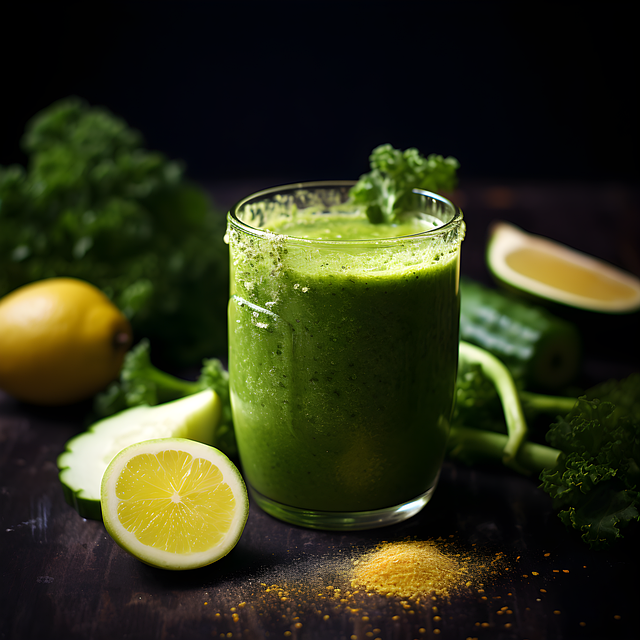Detox for the human body generally refers to the process of removing toxins and other harmful substances that have accumulated in the body.
This can be approached in several ways
1. Medical Detoxification
- Purpose: Often used in the context of drug or alcohol addiction, medical detox is the process of safely managing withdrawal symptoms when someone stops using a substance they’re dependent on.
- Process: This is typically done under medical supervision in a hospital or specialized facility. Medications may be used to manage symptoms, and the process can take several days to a week or more, depending on the substance and the individual’s health.
- Outcome: The goal is to rid the body of the substance, stabilize the person physically and mentally, and prepare them for further treatment or rehabilitation.
2. Dietary Detox
- Purpose: Aims to cleanse the body of toxins that are believed to accumulate from processed foods, environmental pollutants, and other sources.
- Process: Often involves consuming certain foods, drinks, or supplements thought to support the body’s natural detoxification processes. Common methods include:
- Juice Cleanses: Drinking only fruit and vegetable juices for a certain period.
- Fasting: Abstaining from food for a certain period.
- Detox Teas or Supplements: Products designed to promote detoxification, often through increased urination or bowel movements.
- Outcome: Proponents believe this helps improve energy levels, skin health, digestion, and overall well-being, although scientific evidence supporting the effectiveness of these diets is limited.
3. Liver and Kidney Detoxification
- Purpose: These organs naturally detoxify the body by filtering out waste products and toxins from the bloodstream.
- Process: Supporting liver and kidney function through a balanced diet, staying hydrated, reducing alcohol intake, and avoiding excessive intake of harmful substances like processed foods and drugs.
- Outcome: Ensures that these organs function efficiently, helping to maintain overall health.
4. Alternative Detox Methods
- Purpose: Some people seek alternative or holistic detox methods, such as colon cleansing, sauna therapy, or specific herbal remedies.
- Process: These methods may involve procedures or products intended to flush out toxins from specific parts of the body.
- Outcome: Claims vary, but these methods are often marketed as ways to improve health, though they may not be scientifically validated.
The Body’s Natural Detox System
It’s important to note that the human body has a highly effective natural detoxification system, primarily managed by the liver, kidneys, lungs, and skin. This system works continuously to eliminate waste and toxins without the need for extreme detox diets or procedures.
Safety and Efficacy
- Medical Detox: Essential for those with substance dependency and should be done under medical supervision.
- Dietary Detox: Often not necessary for most people and can sometimes be harmful, especially if it involves extreme fasting or unbalanced diets.
- Consultation: It’s always advisable to consult with a healthcare professional before starting any detox regimen, especially if you have underlying health conditions.


